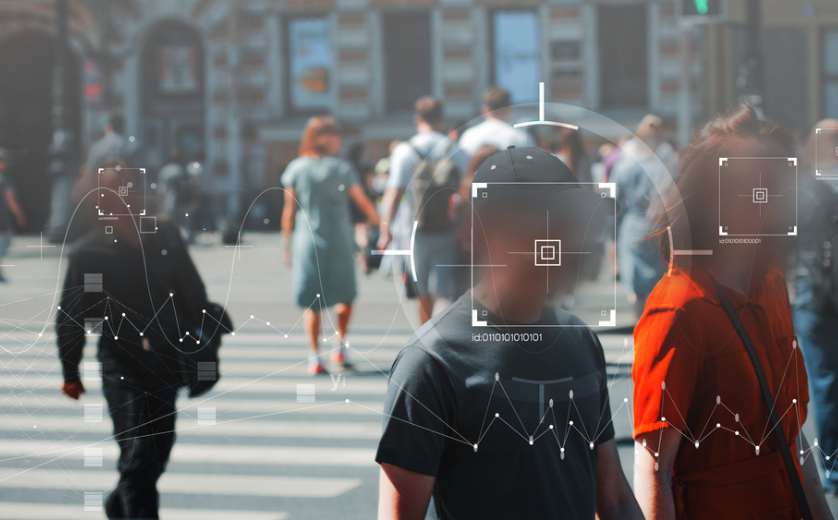As schools around the country have ramped up security efforts in response to recent school shootings, a new study from the Brown School at Washington University in St. Louis suggests that increased surveillance is having a detrimental impact on academic performance.
Heightened security reduces test scores in math, reduces the number of students attending college and increases suspensions, said Jason Jabbari, research assistant professor and co-author of the study “Infrastructure of social control: A multi-level counterfactual analysis of surveillance and black education,” published online Sept. 20 in the Journal of Criminal Justice.
In addition to being used to preempt school shootings, the authors found, surveillance measures may have increased schools’ capacity to identify and punish students for more common and less serious offenses, which may negatively impact the learning environment.
“Our research shows that greater detection of student offenses leads to more punishment regardless of the students who attend these schools,” Jabbari said. “Moreover, while increased surveillance has collateral consequences on academic achievement that extend to all students, because Black students are more likely to attend high-surveillance schools, the burdens of the safety tax fall most heavily on Black students, ultimately increasing racial inequities in education.”
Jabbari and his co-author, Odis Johnson Jr. of Johns Hopkins University, called their findings a “safety tax,” or the price students pay for increased security and surveillance at their school.
They find this tax is greatest for Black students of both genders given their overrepresentation in high-surveillance schools. Black students are four times more likely to attend a high-surveillance school.
Jabbari and Johnson analyzed data from the National Center for Education Statistics’ Educational Longitudinal Study. In addition to academic impacts, students in high-surveillance schools were more likely to be suspended, even when controlling for school social disorder and student misbehavior.
“In addition to suspending more students, the infrastructure of surveillance reduces test scores in mathematics and college enrollment altogether for suspended and non-suspended alike, suggesting the presence of negative spillover effects,” the authors wrote.
The best way to end violence in schools, Jabbari and Johnson suggested, is to support students’ mental health, socio-emotional attachment, and feelings of belonging to schools and to end re-traumatizing students through systemic racism in schools.
